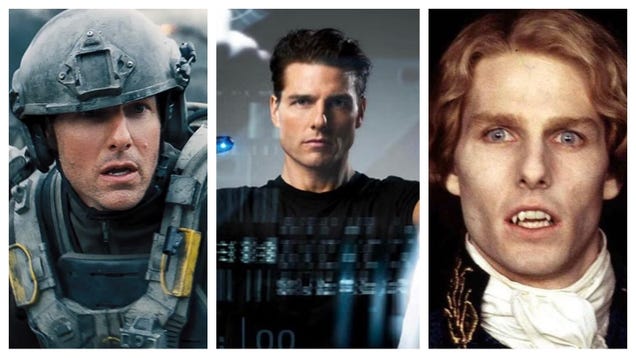 3/5 Stars.
3/5 Stars.Two things I associate with Kurt Vonnegut's writing are the terrible things humans do to each other and the beauty of people despite the terrible things they do to each other. In his first published novel from 1952 Vonnegut has the terrible events down, but not so much the beauty. That is not to say that I didn't enjoy this story, it just wasn't what I expect from him.
Player Piano is about a near future America where the ramped-up production from a recent war has continued with the peace. Everything in the country is run to maximum efficiency with the help of computers and an over-educated class of engineers and managers. Everyone who doesn't have the mental chops to be an engineer can join the army or dig ditches. Everyone has a very high standard of living, but no one is enjoying their lives.
Reading it was more of an experiment in comparative literature. Player Piano was much more like the other great post-WWII dystopian classics like 1984 (1949), Fahrenheit 451 (1953) and Catch-22 (1961) than it is like Vonnegut's later work. The feeling I get from Vonnegut most of the time is annoyed bemusement. In Player Piano, he is angry! There is usually some fig leaf of good humor or well-meaning intent to cover the ugliness of humanity. To me, God Bless You, Mr. Rosewater is a perfect example of the Vonnegut duality. In Player Piano the ugliness of human effort, misunderstanding and non-communication is laid bare. The story starts ugly and gets worse.
I find it interesting that while many of the classic dystopias posit a horrible communist or socialist future, in Player Piano Vonnegut shows us that unrestricted capitalism can be just as horrible. That's a note that should ring stronger in the modern ear, but it doesn't. Maybe it was more shocking in 1953; in 2015 I only shrug: “yes, yes, terrible capitalism...” Aside from the non-compelling setting, the story wasn't exactly compelling either. The characters a very one-dimensional. Most are unaware of their own motivations let alone able to articulate to the reader why they do what they. Part of the horror of the book comes from the presentation of a society where everyone from the top to the bottom feels trapped. No one is able to choose anything for themselves because it's assumed by the system they will want to work for a bigger house and better appliances so the education tracks, the factory labor, the mortgage applications are all handled by computers (punch card computers!). The train America has built is going to the moon and no one is able to get off even if they try. It's all like watching a car crash in slow motion. Given that was my assessment, I am not surprised to learn Vonnegut himself gave the novel a B, compared to his other works. That sounds about right to me.
That said, the novel contains moments of pure Kurt Vonnegut that celebrate the beautiful, if misguided humanity that defines us. My favorite passage comes early in the novel when the main character, Paul Proteus, goes across the river from the works he manages to a town where the uneducated masses live. Someone has the fire hydrant running into the gutter, forming a sort of river in the street. The children are racing paper boats down the stream until they plummet into the sewer while many adults are gathered to watch and cheer the boats on. This scene is described with a precision and gently approving tone which makes the paper boat race thrilling. Even the mundane is beautiful; even the beautiful is mundane. Writing like that is the Kurt Vonnegut I know and love. His voice was there right from the beginning, he just had to grow into it a bit.


No comments:
Post a Comment